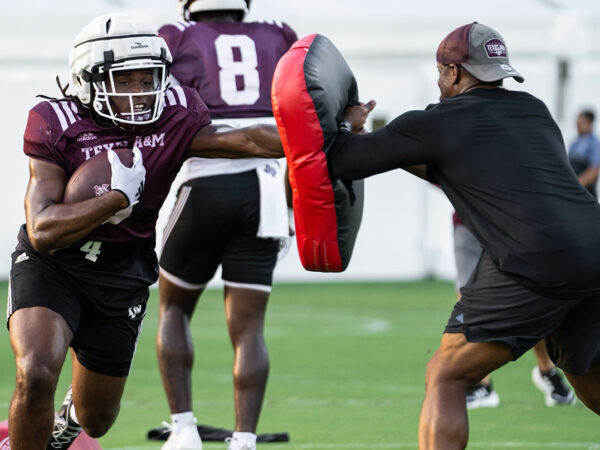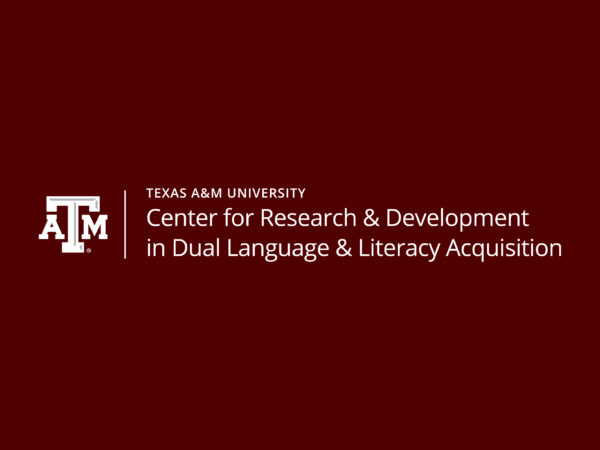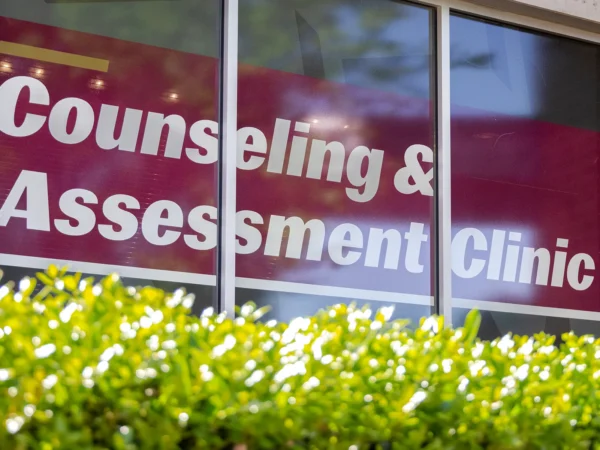
No Answers On Accountability Ratings As State Testing Begins
This week, many of the more than one million students impacted by Hurricane Harvey will be taking the state’s standardized tests. Meanwhile, school superintendents are still waiting for answers about how those tests will impact school ratings.
In a letter to school districts in the disaster declaration areas, Texas Education Commissioner Mike Morath announced no decision on accountability ratings has been made. However, he is waiving some requirements for students impacted by Harvey.
Under normal circumstances, fifth- and eighth-grade students, who have to pass the STAAR reading and math tests to graduate, get three chances to pass. If that student fails the third attempt, they cannot graduate unless a committee agrees to promote them. However, Morath announced students who fail a second time can graduate, as long as the district officials agree they are ready.
We talked with Dr. Daniel Bowen, assistant professor in Educational Administration and Human Resource Development. He says, while collecting the data necessary for determining ratings could be valuable, the problem arises in assigning grades, sanctions or repercussions to those schools serving affected students.
“It’s unjust because of the fact that I don’t think you can rightfully compare schools in other parts of the state that weren’t affected in the same way.”
RATINGS DEBATE
An updated system for rating schools and districts was approved by the Texas Legislature last year. Right now, school districts get a label of “met requirement” or “did not meet requirement.” The first A-F grades for districts are set to be announced in August.
At a House Public Education Committee hearing in November, superintendents asked the state to waive the accountability ratings that are tied to students’ scores on state standardized tests this year, because of Hurricane Harvey.
In the letter to districts, Morath said he is collecting information on students and staff impacted by the storm as well as facility damages and will be using that data to make a decision on accountability rules. He wrote, “In the meantime, we will be asking for a waiver from certain federal accountability/school improvement requirements to ensure the state has maximum flexibility as any decisions are made.”
Superintendents argue the ratings will not be an accurate representation of how schools are doing based on Harvey and the ongoing recovery.
Dr. Bowen points to research that has shown where student performance suffers when missing school due to inclement weather; which means decreases in accountability ratings that are entirely out of the control of affected campuses.
“I think it’s worthwhile for students to take the tests because we still need to track progress. While the increasing emphasis on standardized testing has come under a great deal of criticism, it is important to distinguish the collection and analysis of valuable educational data from accountability-based sanctions,” added Dr. Bowen. “Education researchers and policymakers can use test data to more-effectively serve affected students. But, immediately tying sanctions and evaluations to schools that were severely impacted – I don’t know if that’s necessarily the right approach.”
About the Writer
Ashley is the Media Relations Coordinator and responsible for news coverage in the Department of Teaching, Learning and Culture as well as the Department of Educational Psychology.
Articles by AshleyFor media inquiries, contact Ashley Green.
Fundraising
To learn more about how you can assist in fundraising, contact Amy Hurley, Director of Development ahurley@txamfoundation.com or 979-847-9455












